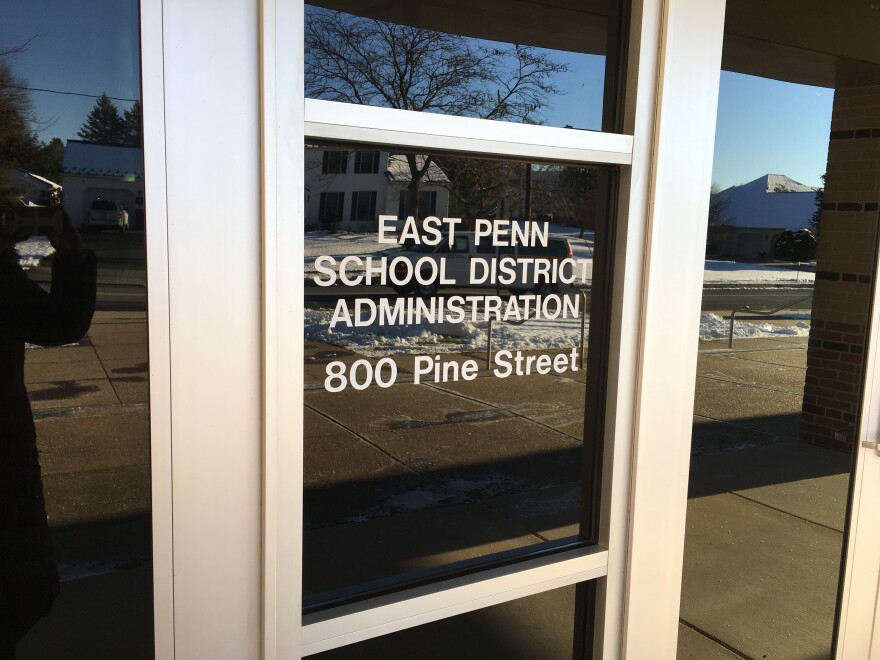EMMAUS, Pa. — East Penn School Board on Monday approved a 2025-26 budget that raises property taxes 0.84 of a mill, the highest increase allowed under state law without a referendum.
The $206.1 million budget, adopted 8-1, raises East Penn’s tax rate to 21.84 mills. Once the new rate takes effect, someone who owns a home in the district valued at $200,000 for tax purposes would pay $4,368 a year.
“I do not like the fact of a 4-percent increase, but at this state, I’m not sure what’s feasible if we want this to be the school district that everyone wants it to be I do support the budget this year.”East Penn School Board member Jeffrey Jankowski
“I do not like the fact of a 4-percent increase, but at this state, I’m not sure what’s feasible if we want this to be the school district that everyone wants it to be,” board member Jeffrey Jankowski said.
“I do support the budget this year.”
Ahead of Monday’s vote, district financial staff raised next school year’s revenue estimates $432,000 from the budget presented in April.
Officials increased planned spending nearly $500,000. Most of that sum will fund charter school tuition and student transportation.
In the adopted budget, financial staff also returned to the budget $100,000 to buy new band uniforms.
More tax rate increases coming
At the same time, the adopted budget includes roughly $375,000 less spending on wages and benefits for staff than the version presented in April.
Officials plan to spend down $1.22 million from the general fund in the 2025-26 school year, leaving $24.9 million, including reserves set aside for emergency expenses.
“This is not a structural deficit that is funding something like salary that will continue to occur. This is a structural deficit that is very methodically planned.”East Penn Schools Business Administrator Robert Saul
The deficit is part of a plan to pay for technology upgrades, East Penn Business Administrator Robert Saul said, as the district spends money previously deposited in the general fund.
“This is not a structural deficit that is funding something like salary that will continue to occur,” Saul said. “This is a structural deficit that is very methodically planned.”
According to the district’s most recent long-range fiscal plan, East Penn officials expect to raise taxes again by the maximum allowed under the state’s Act One index each of the next five years.
Even those increases, though, would not be enough to offset rising costs; East Penn’s financial plan projects a negative fund balance by the end of the 2029-30 school year.


